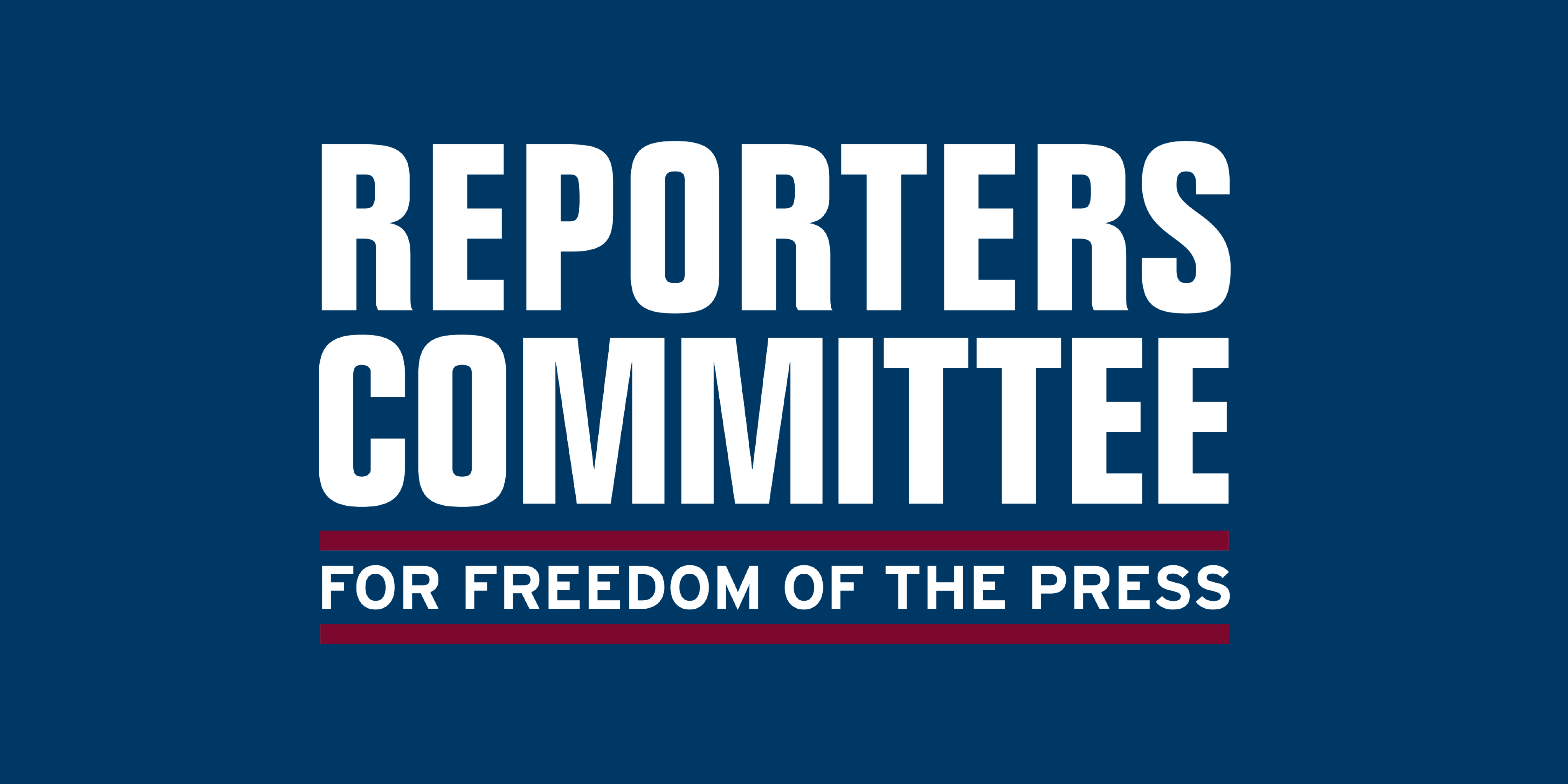Executive order targeting social media companies raises constitutional concerns

On May 28, President Trump signed an executive order aimed at giving the government a freer hand in regulating content online. The order focuses on legal and constitutional guardrails that most often apply to online platforms that host content created by third parties, but the executive order as a whole could have implications for press freedom. The executive order comes two days after Twitter, for the first time, added a fact-checking notice to two of the president’s tweets about the use of mail-in ballots.
“The first line of the president’s order declares that free speech is the bedrock of American democracy,” said Bruce Brown, executive director of the Reporters Committee for Freedom of the Press. “But the timing and content of this executive order only reinforce concerns that his motivation is to punish his perceived critics. That would be a central question for any courts of law that might be called upon to enforce the First Amendment norms we have enjoyed in this country for generations.”
Of particular interest to the press, the executive order calls on federal and state officials to consider using consumer protection laws, including the Federal Trade Commission’s authority to regulate “unfair” or “deceptive” practices, against platforms that, for instance, “restrict speech in ways that do not align with those entities’ public representations about those practices.”
“Consumer protection law is meant to address demonstrably false claims like ‘cigarettes are good for you’ — it doesn’t do well in making thorny calls about whether a platform or news organization is somehow ‘biased,’ ” said Gabe Rottman, director of the Technology and Press Freedom Project at the Reporters Committee for Freedom of the Press. “But opening that door, which is exactly what this executive order wants to do, would give the government an enormously powerful tool to censor speech it doesn’t like online. Given the broad sweep of its language, this executive order isn’t just a concern for online speech, it should be of concern for news organizations and free press advocates as well.”
The Reporters Committee regularly files friend-of-the-court briefs and its attorneys represent journalists and news organizations pro bono in court cases that involve First Amendment freedoms, the newsgathering rights of journalists and access to public information. Stay up-to-date on our work by signing up for our monthly newsletter and following us on Twitter or Instagram.